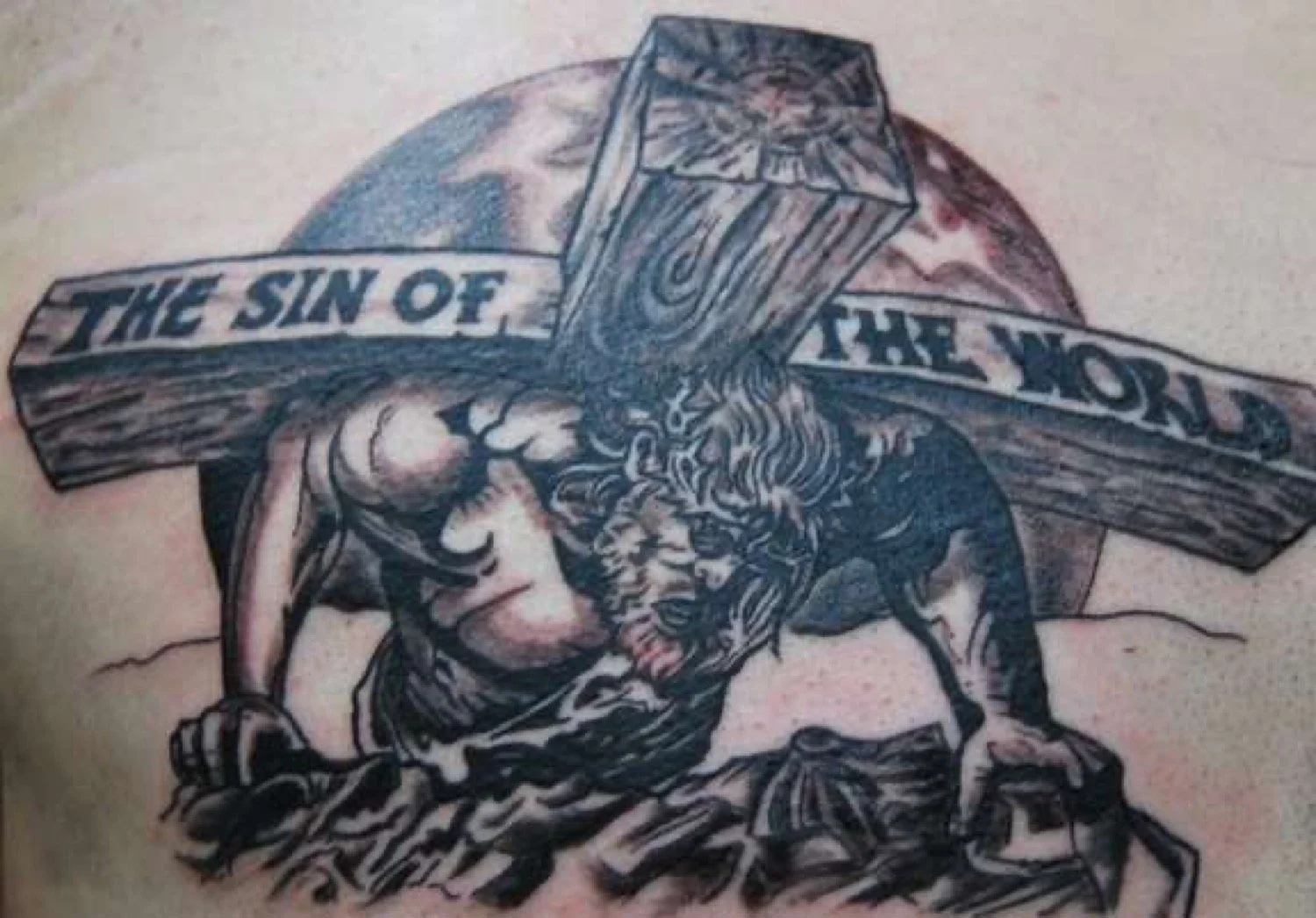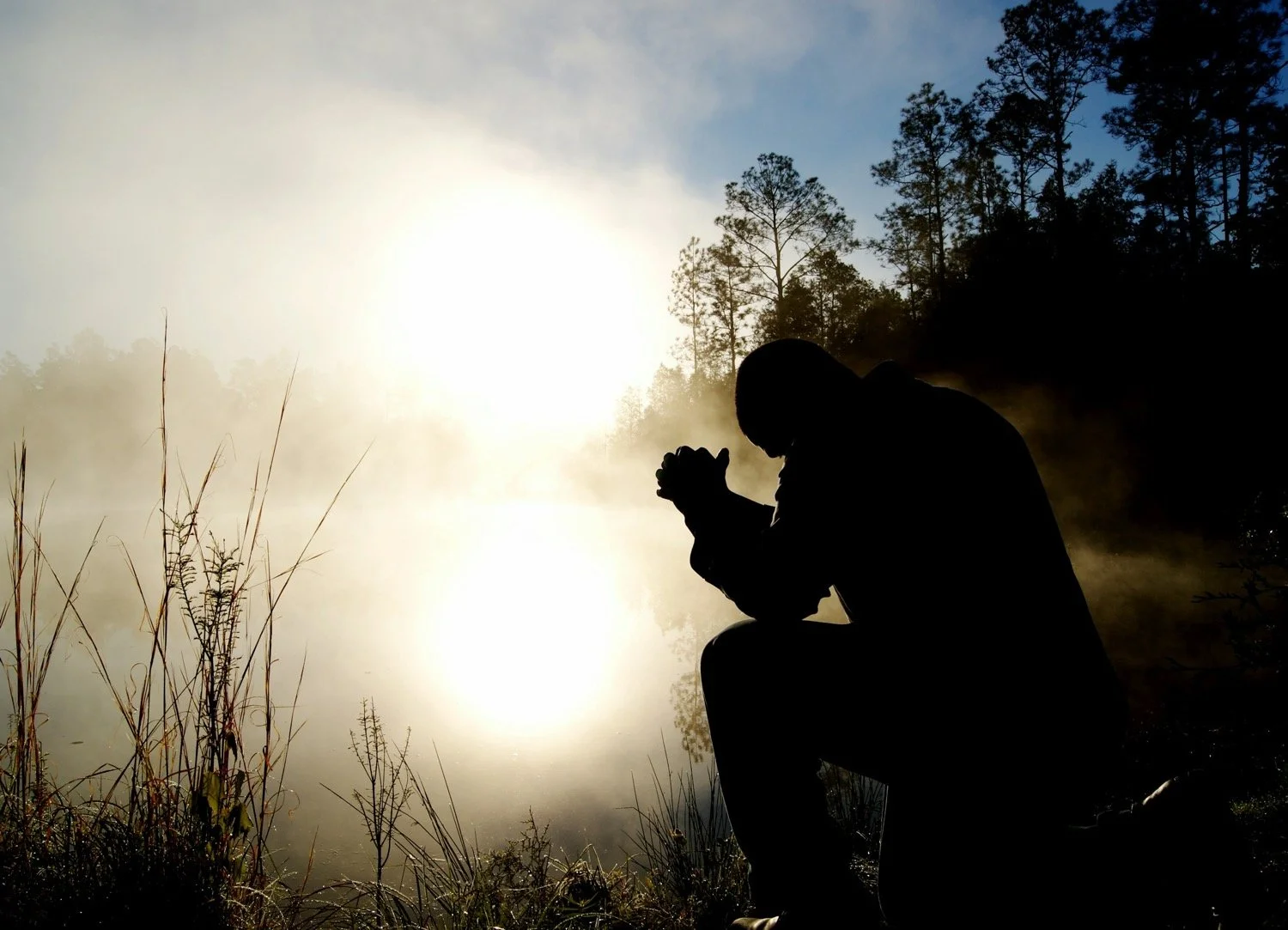Readings for today: 1 Corinthians 12-14
I love the church. I love the people who make up the church. They come from a wide variety of different backgrounds and life experiences. They represent different cultures and ethnicities. They hold to different political and social positions. They are diverse in terms of age and economic status. They find themselves at different points along the spectrum of spiritual maturity. They wrestle with all sorts of sin issues. There’s no other organization in the world quite like it and none of it would be possible without Jesus. Only Christ is strong enough to hold them together in a world that is increasingly divided and fractured along ideological lines.
Nothing is new under the sun. The Roman Empire was intentionally pluralistic. It was made up of wide variety of cultures and ethnicities and languages and religions. Depending on where one went, one would encounter a wide variety of social and political norms. The one thing that held the empire together was a ritual that was performed once a year. Once a year a person had to present themselves before the Roman authorities, place a pinch of incense into a flaming brazier, and acknowledge the divinity of the emperor. Most of the pagan religions had no problem with this practice. They simply added the emperor to their pantheon of gods and goddesses. For Jews and Christians however, this practice was blasphemy. They refused to engage it. The Jews were largely given an accommodation due to their long history of exclusive monotheism but the Christians - being so new - were persecuted as a seditious, dangerous cult.
This is the cultural context in which the Apostle Paul planted his churches. He intentionally went to the largest and most cosmopolitan cities in the empire. Cities that sat at the crossroads of major, important trade routes that would draw people from every tribe, tongue, and nation. Corinth was perhaps the greatest of these cities outside of Rome herself. The people who responded to the gospel in that city were as diverse as you could possibly get. They had very little in common with each other which created all sorts of issues that Paul had to address in his letters. (Most scholars believe Paul wrote at least four letters to this church.) They were a gifted group of people. They were a relatively wealthy church as well. And yet they were plagued by divisions. Their fellowship was rife with competition. Their besetting sin was pride and it was literally tearing them apart.
This is why Paul writes so passionately about the Body of Christ. He wants to give them an image that will pull them together. He wants them to understand that each of them plays an essential role in helping the Body remain healthy and strong. He points out how they are “crippling” themselves when they cut off a “hand” or a “foot” or tear out an “eye” or an “ear.” He wants them to treasure their diversity. He wants them to see the variety of gifts God has given them as a strength not a weakness. Most of all, he wants them to understand that only the love of Christ can hold them together.
Some scholars suggest that the famous love chapter of Corinthians is an insert. It doesn’t seem to fit in Paul’s discussion of spiritual gifts. I think the opposite. I think it fits perfectly for it is love that binds us all together in perfect harmony. (Col. 3:14) Only the love of Christ “believes all things, bears all things, endures all things, hopes all things.” Only the love of Christ “never fails.” This was certainly true for the Corinthian Christians and it remains true for us today. The only hope we have as a church is to lean into the love of Christ together. If we try to organize our life together around anything else, we will fail. We will fall apart. The Body of Christ runs on the love of Christ. Nothing more. Nothing less. Nothing else.
Readings for tomorrow: 1 Corinthians 15-16




